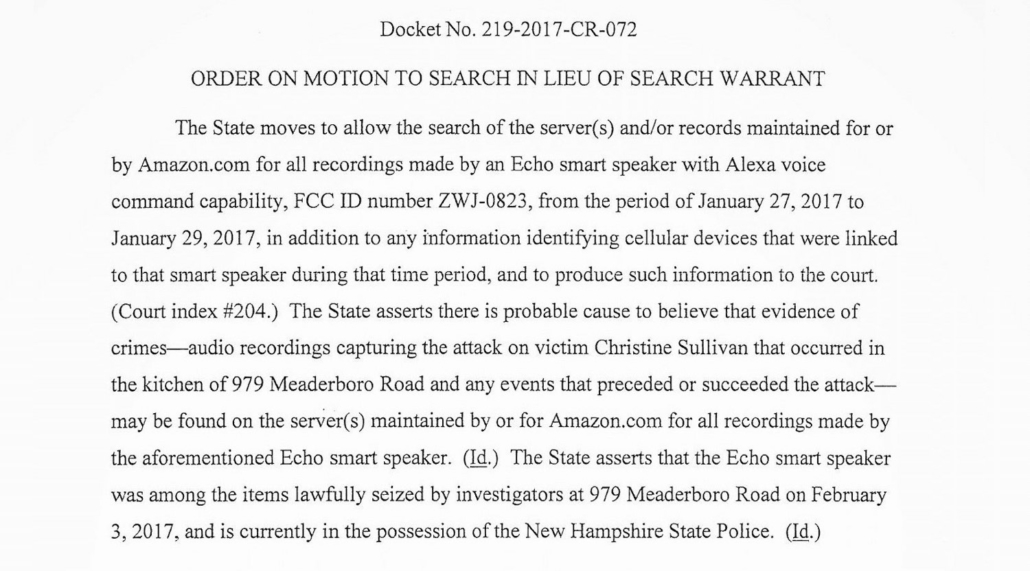In today’s age, people of all ages are very active online- whether it be connecting with family and friends, sharing what they are doing and where they are doing it, sharing photos and videos from their mobile device, or building online profiles which describe who they are. While the internet has made it easy to share this information, doing so comes with certain risks, especially for kids. Here we discuss those risks and how can you discuss them with your child(ren).
Talking To Your Kids About Staying Safe Online
The best way to protect your kids online is to talk to them about it. As soon as your child starts using a phone, mobile device, or computer, you should begin the conversation of online safety. As parents, you should initiate the conversation. You can use everyday opportunities to initiate the conversation. For example, news stories about cyberbullying or texting while driving can spark a conversation about their online experiences and your expectations.
When communicating your expectations, be specific about what’s off-limits, and what you consider to be unacceptable behavior. During these conversations, it is important to be patient and supportive. Resist the urge to rush through having the conversation; most children need to hear things more than once before it sinks in so you should have a short conversation about this more than once. Work to keep the lines of communication open. Listening and taking their feelings into account will help keep the conversations productive.
Parents or guardians should consider the unique ways to speak to kids and teens
There is no question that as children get older you have to communicate with them differently. Learning how to talk about online safety through the years is important to make an effective impact on your child’s online behavior and safety. For young kids, supervision and parental controls are the best ways to monitor their online activity. Some features available are filtering and blocking, browsers for kids, and disabling in-app purchases from your device.
As young kids get older and turn into tweens, they like to feel independent. They also may be at the age where they are tech-savvy enough to get around the parental controls that once worked. An alternative action you can take at this stage is setting time limits on use. When children turn into teens, they begin to form their own opinions and take on the value of their peers. The most valuable thing you can do is talk about credibility, manners, and expectations.
Addressing kids and social networking
Kids share a lot online from pictures, videos, whereabouts, thoughts, and plans with their friends, family, and sometimes strangers too. Some downfalls with online socializing are oversharing too much information, or posting pictures, videos, or words that can damage a reputation or hurt someone’s feelings. So, what can you do to keep your kids safe? Remind your kids that online actions have consequences. The things they share could be seen in the future by colleges and other people who can influence their future.
Cyberbullying is bullying or harassment that happens online. Help prevent cyberbullying by talking to your kids about bullying. Let them know that they can’t hide behind the words they type or images they post or send to others. Recognize the signs of cyberbullying – it often is in the form of mean-spirited comments, and if you do see this, make sure they know to say something.
Using Mobile Devices
It is each parent’s responsibility to decide when is the right age for their child(ren) to have a phone or mobile device. Whenever that time may come, it’s important to know the various ways that you can keep them safest with it. Most wireless companies have settings that allow parents to turn off features like web access, texting, or downloading/in-app purchases. Many smartphones today also have GPS location on them – this technology can be beneficial for you as a parent, but it also allows for their friends and possibly strangers to know their whereabouts.
If your child’s mobile device is a smartphone, there are hundreds of apps that are available to them. You should know that there is a chance that apps might collect and share personal information, let your kids spend real money (even if the app is free), and link to social media, all without you being aware. To avoid these possible negative effects of apps, you should read the description, content rating, and user reviews, and check what information the app collects before downloading. Most apps also allow you to restrict content, set passwords, and turn off Wi-Fi so it can’t connect to the internet.
When it comes to texting, encourage manners. Texting shorthand can lead to misunderstandings, so it’s important kids think about how someone else may interpret the message. You should also remind your kids to ignore texts from people they do not know and when it comes to sexting, do not do it! Aside from risking their reputation and friendships, they could be breaking the law if they create, forward, or even save this kind of message.
Making Computer and Internet Security A Habit
The security of your computer affects your user experience, and also that of your kids. Certain types of software can install viruses on your computer, send unwanted ads, and monitor your computer use. To avoid these problems, use security software and keep it updated, keep your operating system, web browser, and apps up to date, and allow the use of multi-factor authentication.
You should let your children also know that it is important to create strong passwords and keep them private, not to provide personal of financial information unless the website is secure, and watch out for “free” stuff. An important tip to teach your kids: If the URL does not start with “https,” don’t enter any secure information – the “s” means that your information is encrypted.











